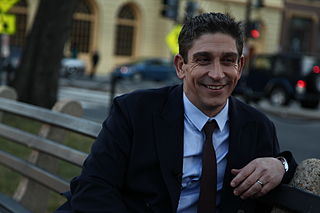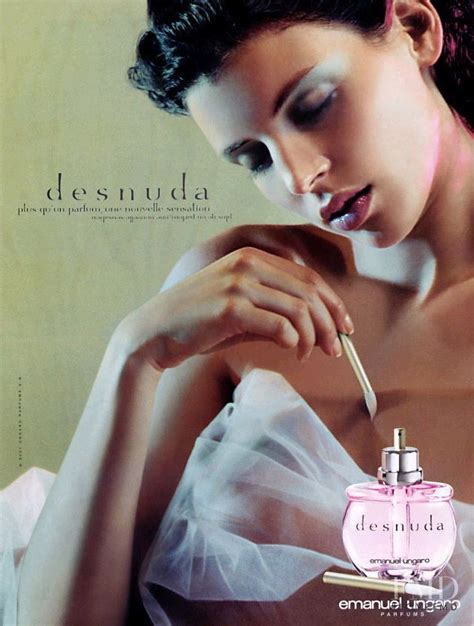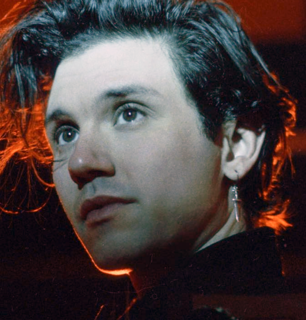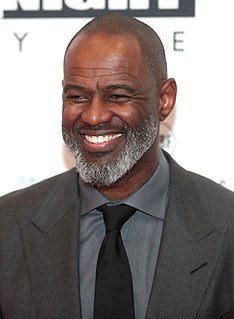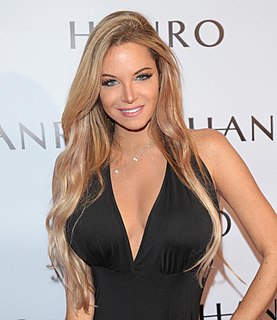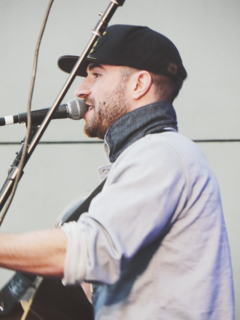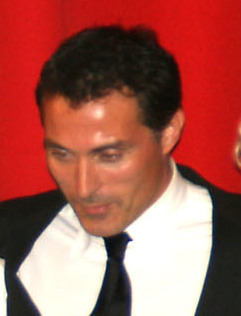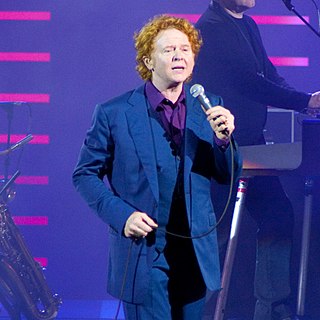A Quote by Ella Mai
I think it's harder for R&B to break in England because the radio and labels don't really know what to do with R&B music.
Related Quotes
To be honest, the search for a label was really weird, because some of the labels that you wouldn't expect to care about stuff like radio formats were the ones that did care. They were like, 'Yeah, we love this record, but what are we going to play on the radio?' And I was like, 'You don't have bands on the radio.'
There is no question that the US market is the hardest to break into. I believe that the reason for this primarily has to do with the fact that the majority of the most powerful radio stations in the US are owned by Clear Channel. They are massive and have the ability to break artists worldwide. For the most part, they are dealing directly with the major labels in the US, with whom they have had long relationships. If you are an artist that is not being pushed by Clear Channel radio in the US, your chances of becoming a household name are slim.
The reason I live in America is because I mean literally every six or seven years I've done something in England. The last lead I had in an English film I did was 1998. So that's why I live here. It's because I get more work. I'll travel back for radio, you know what I mean. I've just got to consider myself to be living in the middle of the ocean, and that way I have a really nice career, if I'm prepared to do television, radio, theater, and film.
I think the thing you're seeing now with the music industry is that the people who have tight-knit communities are now able to really hold each other up because of the internet tools. And the really top-down pyramid scheme of major labels and typical superstars isn't sustainable anymore because the system has collapsed.


